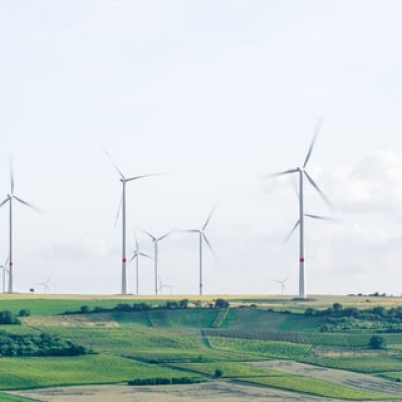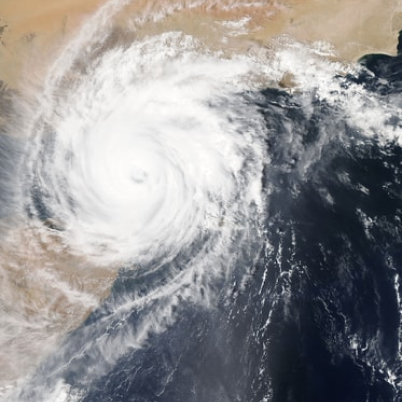In the 21st century, when fast travel options are available, cheaper, and arguably more convenient, choosing not to travel to an international conference can be associated with a refusal to further one’s career. “Why would you miss such a great opportunity ?”, “ But this is your chance to disseminate your knowledge and have an impact! ” The climate-conscious academic, it has been decided, practices a form of professional sluggishness . How can we rethink this image in an attempt to align what we say with what we do?
A cornerstone of academic life is conferences. Academic conferences are both business and pleasure, both a respite from everyday routine and a professional obligation. While conferences offer a platform for discussions and opportunities for networking, they are also a tight spot for any climate-conscious institution. If slower travel could become part of the way in which we organise conferences, can we integrate them so as to make these academic meetings really worth their while?







